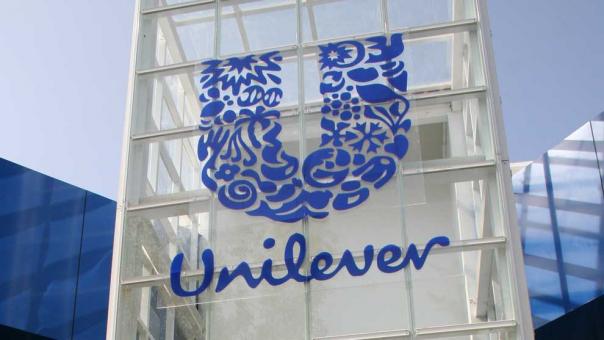
In a year when the group fended off a $143bn takeover bid from US rival Kraft Heinz, underlying sales grew by 3.1% with recorded gains in both prices and volumes.
There was no turnover growth in either its North American (flat) or European markets (-0.7%), the latter experiencing subdued volume growth and continued price deflation in several countries.
The UK returned to sales growth, but weak consumer demand and a challenging retail environment was reported to have affected the group’s performances in France and Germany.
The Marmite and Flora owner grew underlying sales grew by 5.9% year-on-year in the Asia/AMET/RUB market.
“We have delivered a good all-round performance with competitive growth, including an innovation-led improvement in volumes in the fourth quarter, and substantially increased margin, earnings and cash flow,” said Paul Polman, Unilever chief executive.
“This puts us well on track to deliver towards the strategic objectives set out for 2020 and demonstrates the progress we have made in transforming Unilever into a more resilient and more agile business.
“With the implementation of a more agile, consumer-facing organisation, we are seeing quality and speed of innovation further improve.
“Our priorities for 2018 are to grow volumes ahead of our markets, maintain strong delivery from our savings programmes and to complete the integration of Foods & Refreshment as well as the exit from spreads.
“We expect this will translate into another year of underlying sales growth in the 3% –5% range, and an improvement in underlying operating margin and cash flow, that keeps us on track for the 2020 targets.”
Unilever is set to review whether to choose the UK or the Netherlands as its main base in the coming weeks, according to the Financial Times.